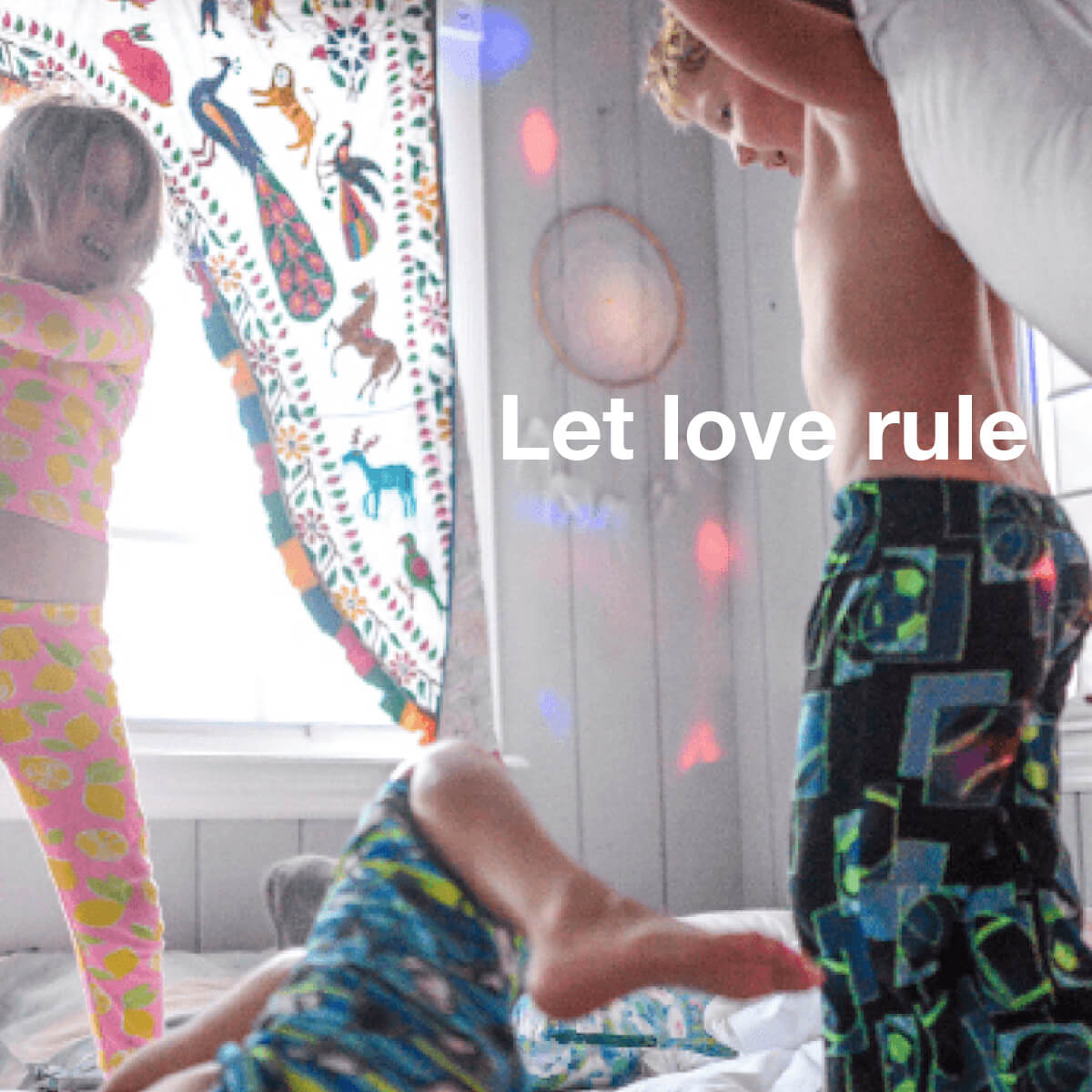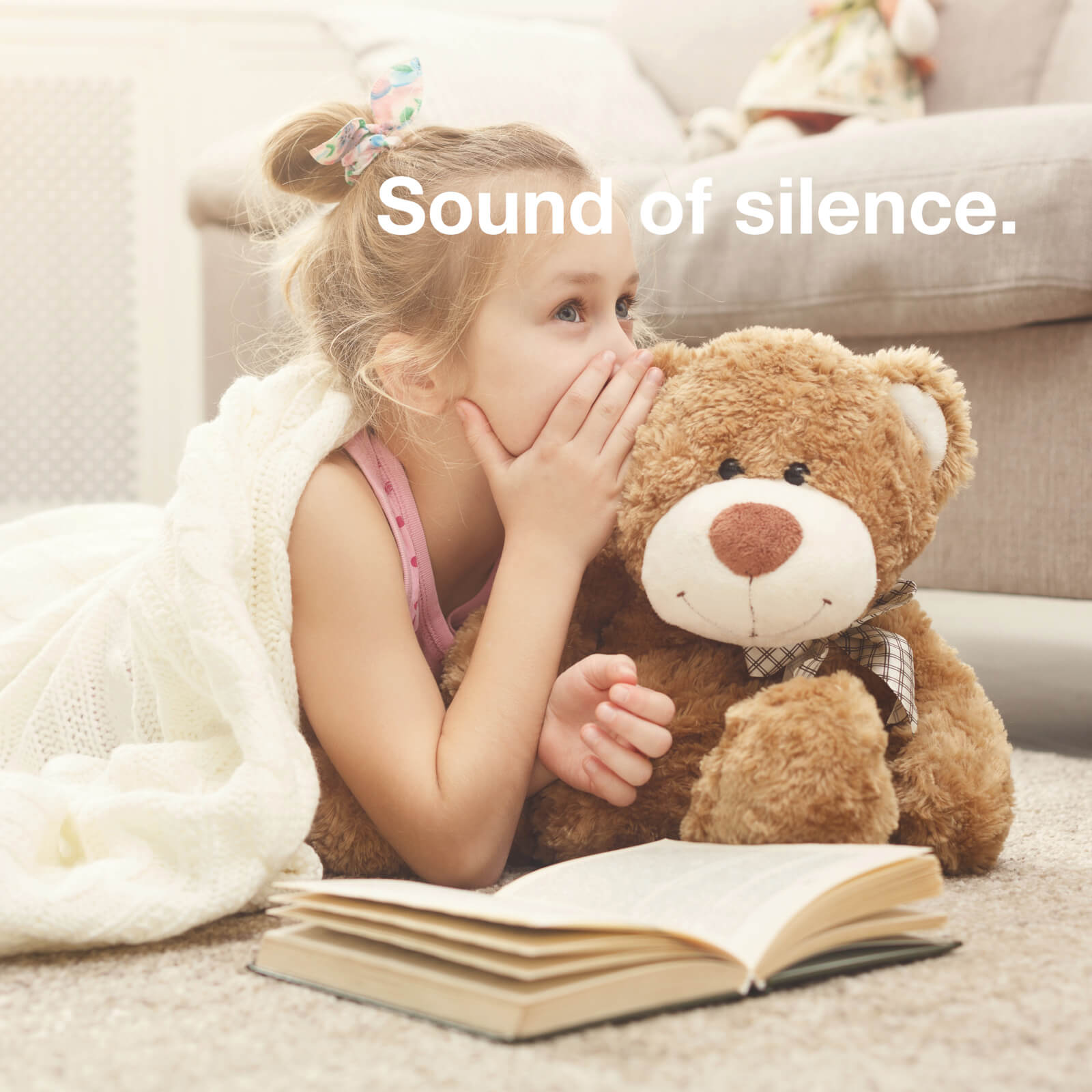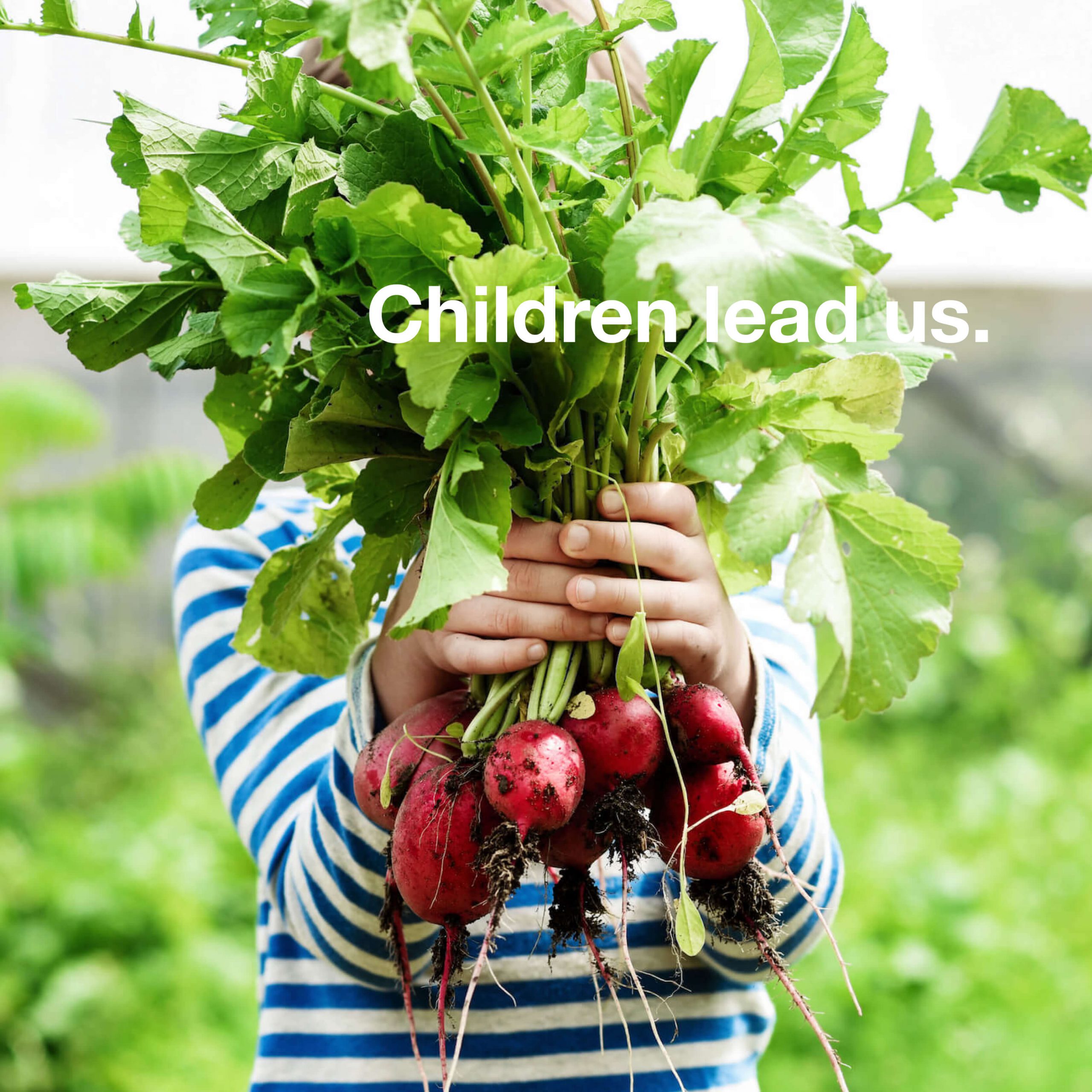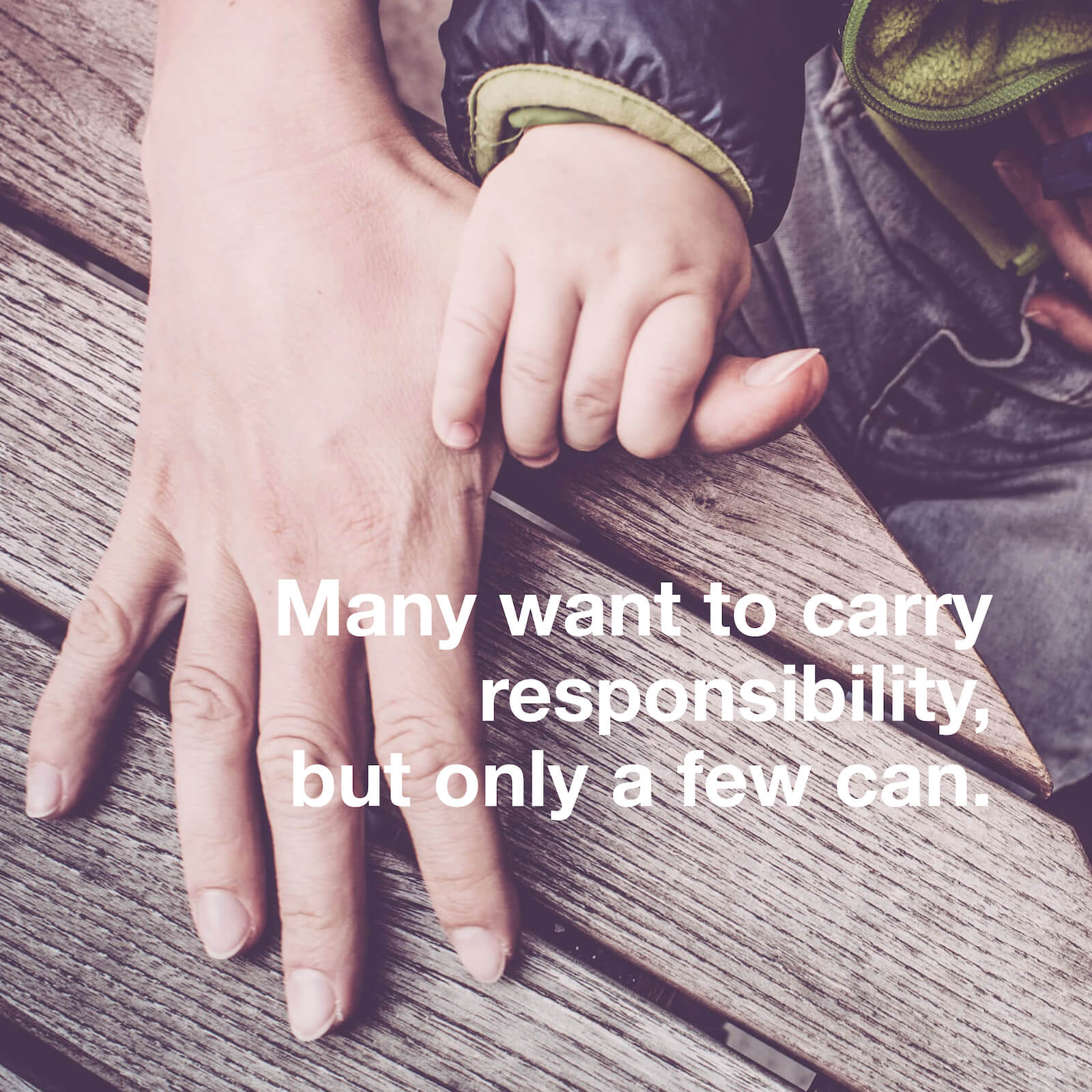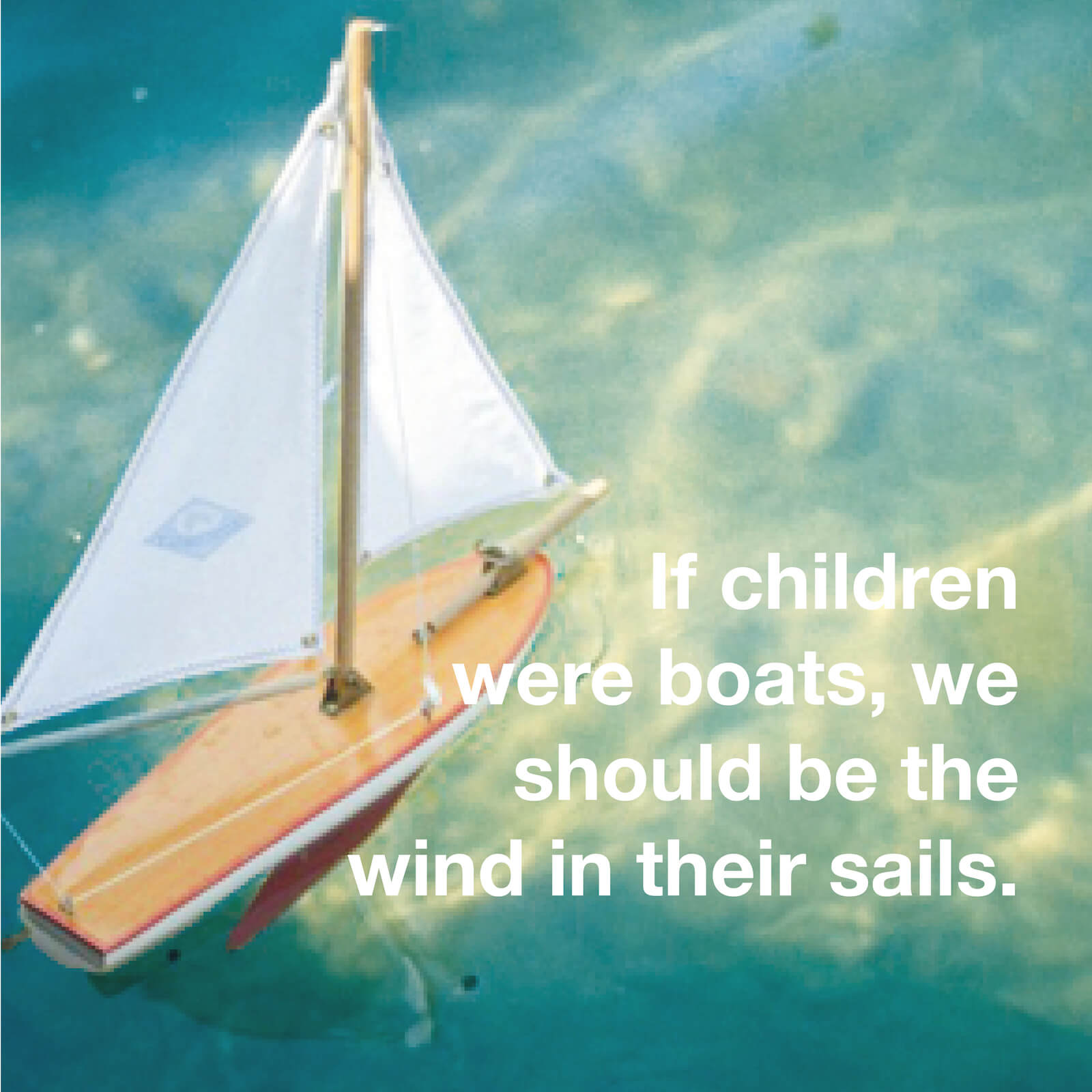
Children usually don’t become like their parents.
This means that the talents of parents are not inherited 1:1, but what is transmitted is what parents exemplify. Children are very good observers. And copycats. Quickly they find out for what you get praise, recognition and admiration. The reaction is just as violent if these forms of appreciation are absent. This is why it is so important not to assume that children have exactly the same talents, abilities and strengths as you do. Rather, it is important to offer children many options to increase their chances of discovering their own passions early on.
If children do exactly what their parents do, it does not necessarily mean that it is an expression of a talent, but it can also mean that it is an expression of “belonging”. Children, as long as they are small, are always where the energy of the parents is. That is why parents should also be open to many things and different things. And if you can’t do that in the desired spectrum of art, nutrition, science, culture, sports, environment, music, travel and social activities, the nanny can be helpful.
more to read


